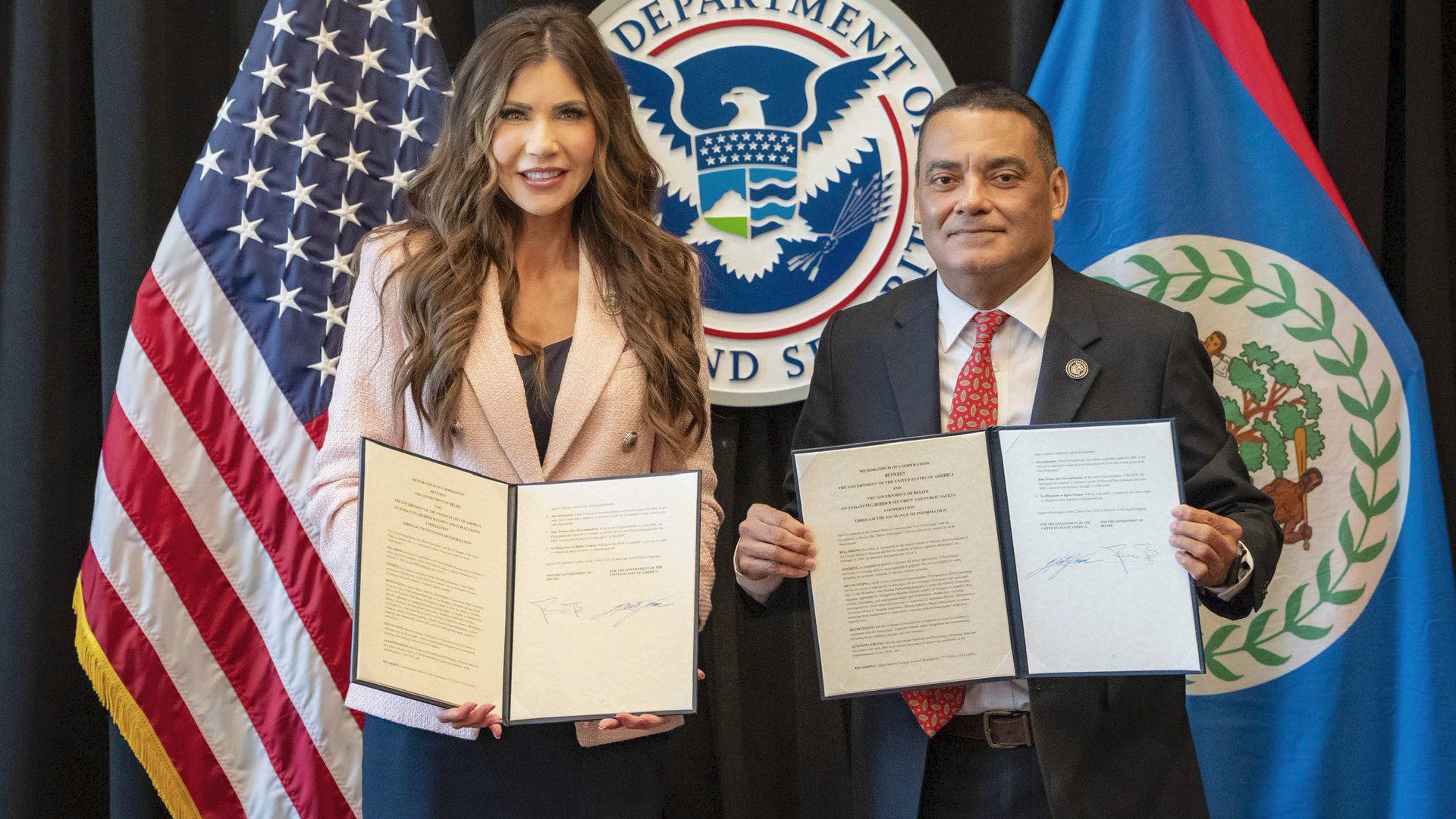Belize is tightening up its borders and it’s doing so with a little help from the United States. Earlier this week, both countries signed a new agreement that’s all about sharing biometric data. Sounds technical, but here’s what it means: Belize is stepping up its game when it comes to tracking who’s coming in and out, especially when it comes to illegal immigration and transnational crime. Under this partnership, Belize will now be able to request police records for U.S. citizens trying to enter the country and the U.S. can do the same for Belizeans. It’s a two-way street aimed at keeping both nations safer. Foreign Minister Francis Fonseca says this move is all about building stronger, smarter border security, and ultimately, a safer and more prosperous future for both Belize and the U.S.
Francis Fonseca, Minister of Foreign Affairs
“This is a narco trafficking memorandum of corporation that has its genesis going back to 2009 when a letter of agreement came out what they called the Merida initiative letter for agreement was signed in Belmopan in 2009. And the entire focus of this biometric sharing partnership memorandum of corporation is to promote and support border security and public safety. So it involves two agencies, immigration department on the Belize Police Department. And they will provide under this memorandum of corporation technological support software hardware and infrastructure to support our work at the border. it’s all and supporting our shared commitment with the US to combat narco trafficking, human trafficking, terrorism, organized crime, that is a whole objective. And I want to make the point, listen, that there is no question about anybody should be concerned about personal data. The memorandum specifically provides safe cards for that and make sure that no personal data can be transferred to a third party. The memorandum is covered by the national law of Belize so everyone continues to enjoy the protection of our Constitution. So I think it’s very important memorandum. If one thing keeps us up at night as a government, it’s the threat of narco trafficking, border security issues. So we need all the help and support we can to combat those efforts. And we are very happy that we are partnering with the United States government to do so.”
